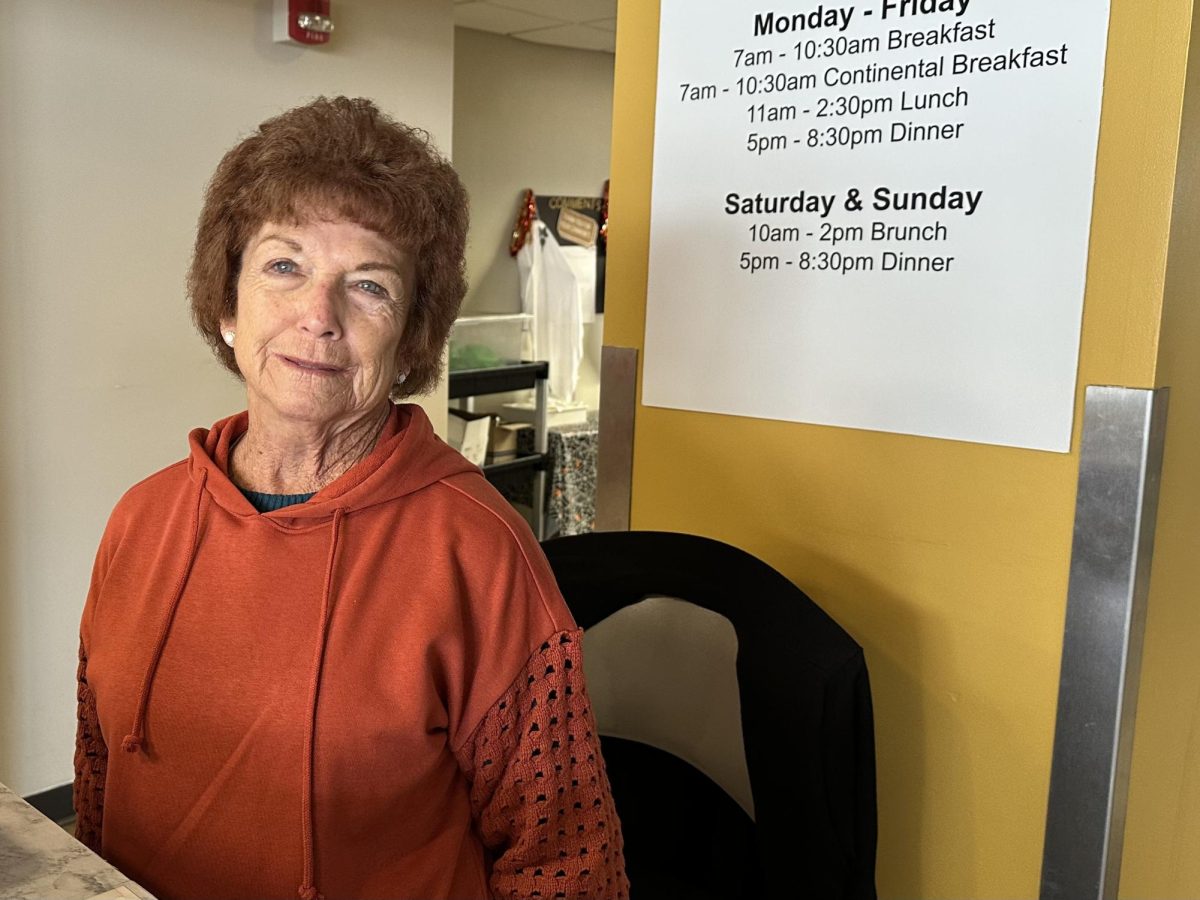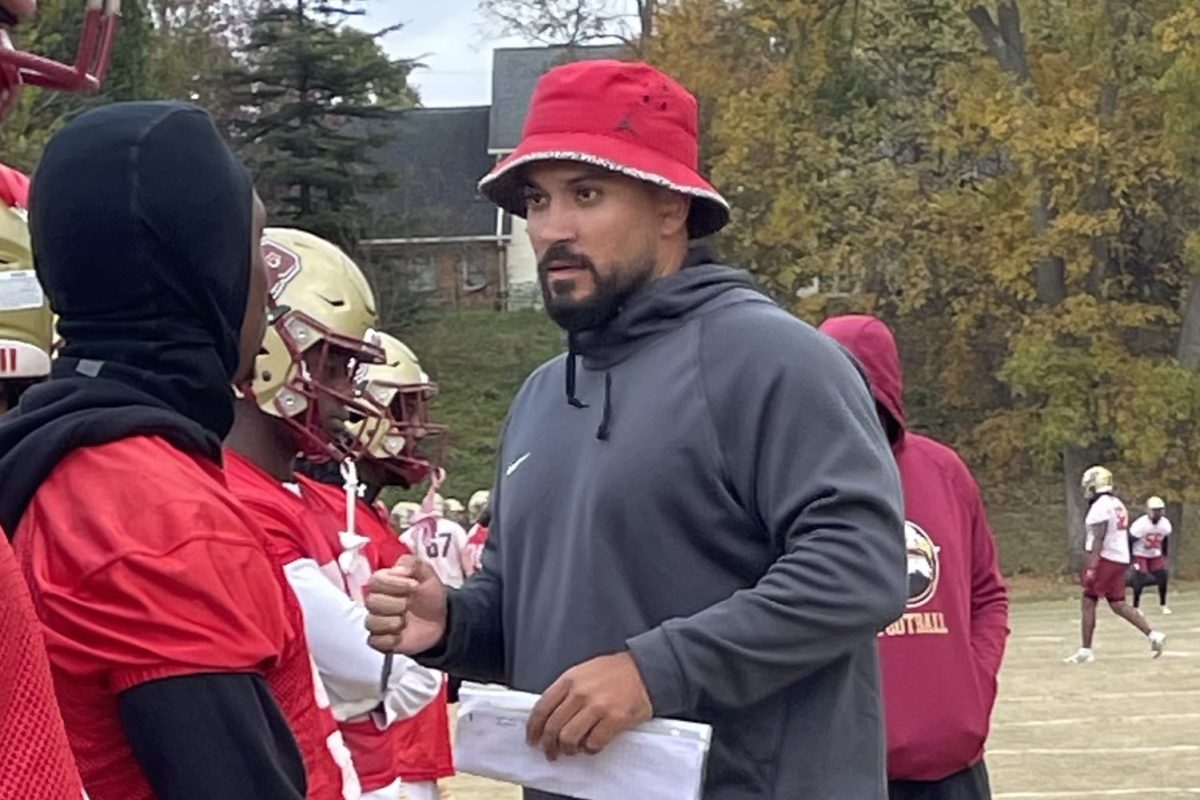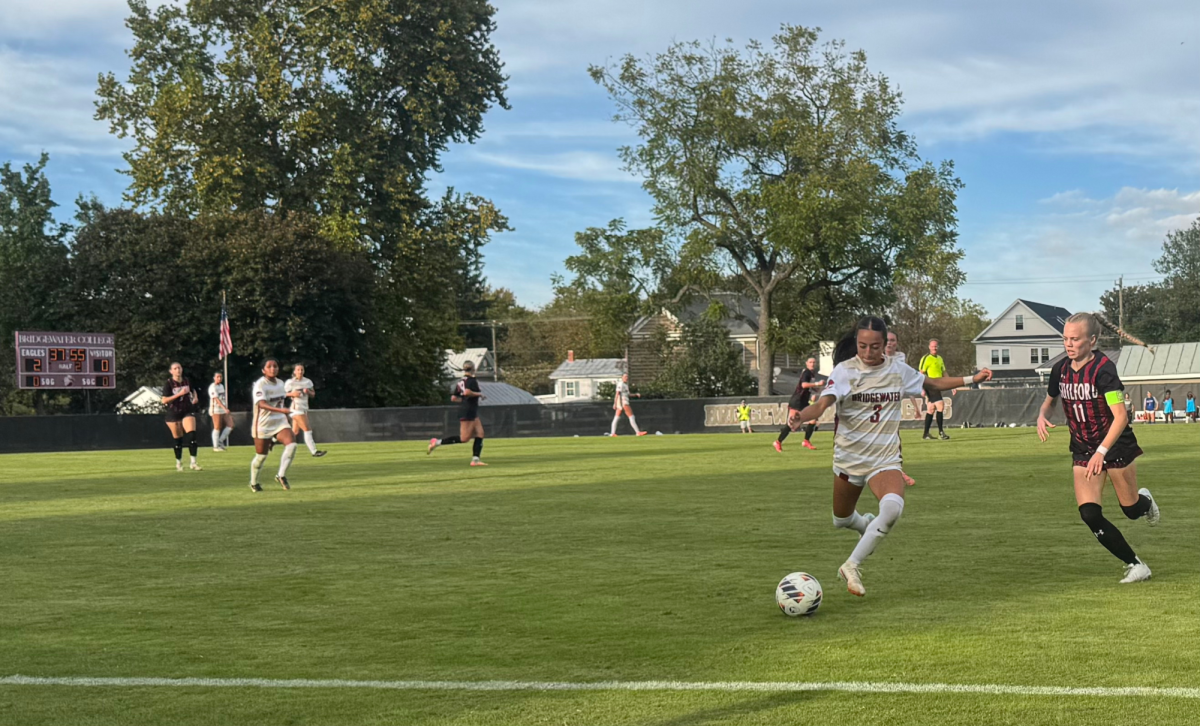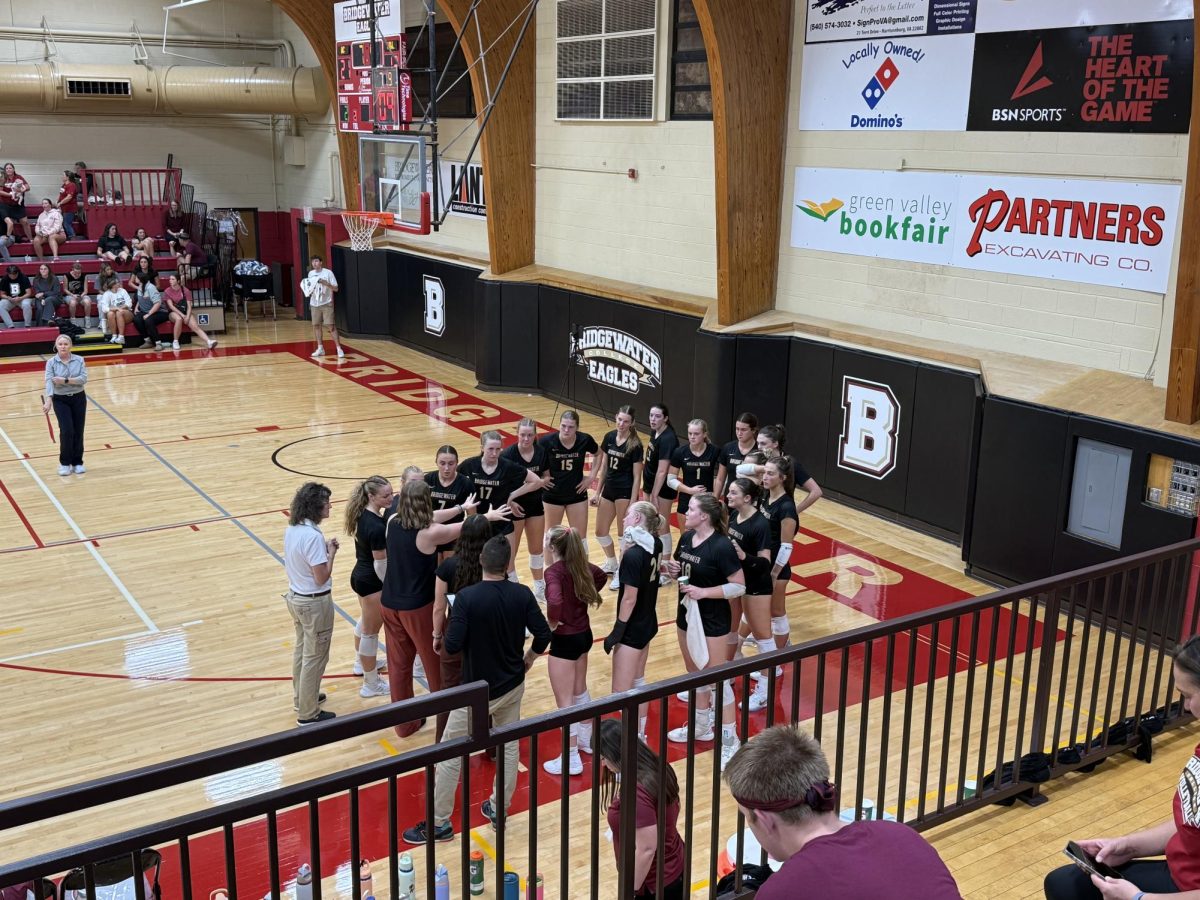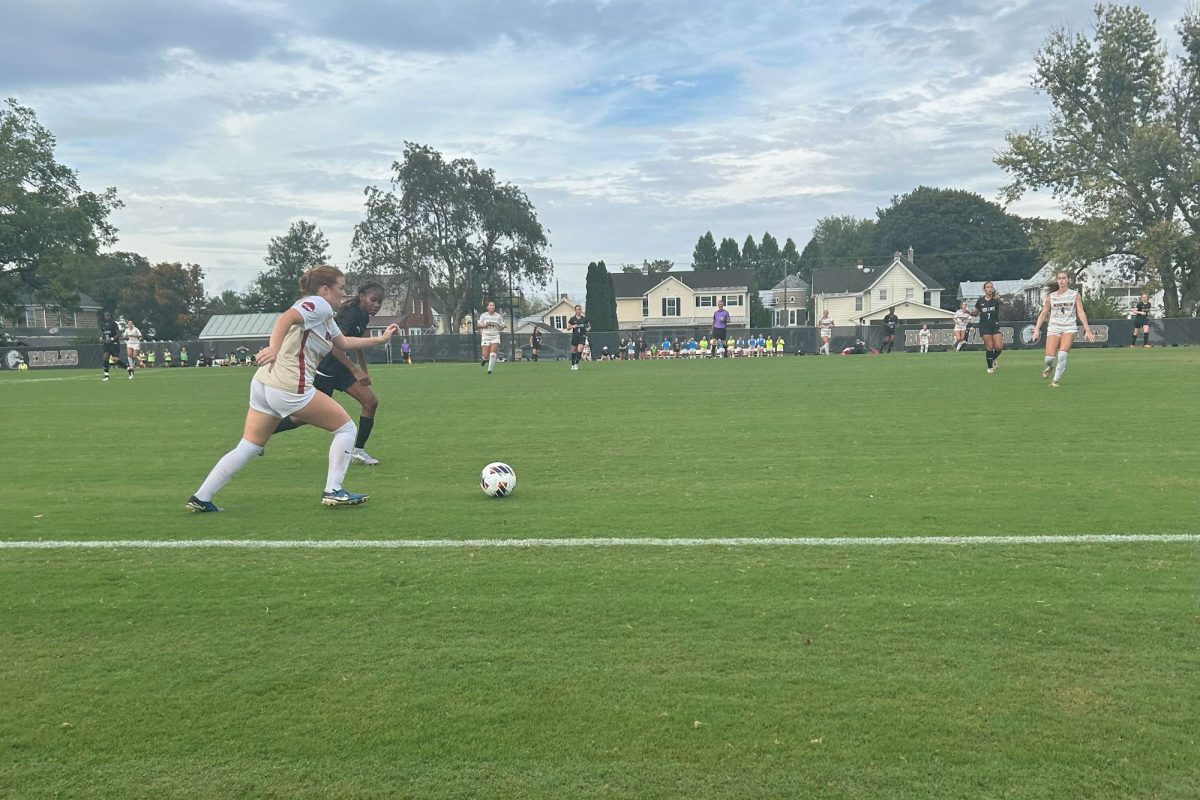Upcoming Changes at Bridgewater College
An Interview with President Bushman and Provost Sevick
December 3, 2019
Bridgewater, Va. – Bridgewater College is starting a process called Strategic Resource Allocation, which views all college programs and evaluates how revenue can be redistributed in order to spend money more efficiently.
Bridgewater College receives revenue from three primary areas: tuition and fees, endowment interest and gifts from donors. President Bushman assures that this is true for every private institution like Bridgewater College.
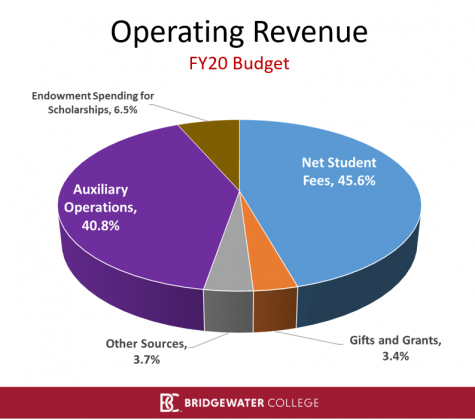 “Eighty-five percent of revenue for the College comes from the students,” said President Bushman. Approximately 10 percent comes from the interest from the endowment, and the rest comes from donors who give money for projects such as the John Kenney Forrer Learning Commons, which is being fully funded through charitable contributions.
“Eighty-five percent of revenue for the College comes from the students,” said President Bushman. Approximately 10 percent comes from the interest from the endowment, and the rest comes from donors who give money for projects such as the John Kenney Forrer Learning Commons, which is being fully funded through charitable contributions.
How Bridgewater Spends Money
Many students have been upset about the three percent increase in 2020-2021 tuition. Rumors have spread that the College is closing and that the College is running out of money. President Bushman and Provost Sevick want students to understand these rumors are not true.
While tuition is rising, the need for financial aid is also increasing. Ninety-nine percent of students enrolled in Bridgewater College receive a form of financial aid, and more than $44 million in scholarships and aid was awarded by BC in 2018-2019.
The tuition increase is a product of facilitating the new programs and important facets of Bridgewater College. As stated by Provost Sevick, more revenue generates more financial aid and also other costs such as “more space, faculty, and staff.”
Through the tuition increase, President Bushman and Provost Sevick hope to evaluate the programs through the Strategic Resource Allocation to cater to student interest and “dedicate time to something else students are interested in.”
Doing More with Less
Bridgewater College first discussed the Strategic Resource Allocation process in the fall of 2018 as part of its 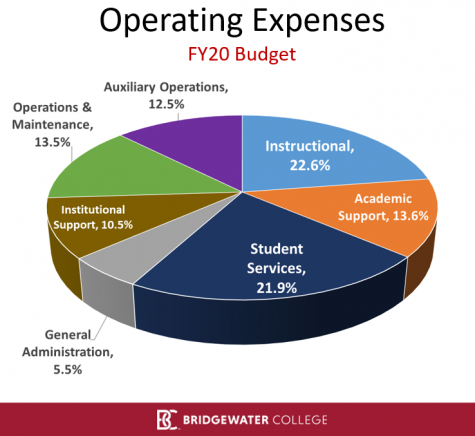 strategic plan. This year, the College has hired a consultant, Campus Strategies, that has worked with 50 private colleges and universities, and nearly twice that number of public schools, to help evaluate every program. This includes academic programs, athletics, Student Life and support programs on campus such as the Career Center, finance, maintenance and other activities students may not even be aware of that exist.
strategic plan. This year, the College has hired a consultant, Campus Strategies, that has worked with 50 private colleges and universities, and nearly twice that number of public schools, to help evaluate every program. This includes academic programs, athletics, Student Life and support programs on campus such as the Career Center, finance, maintenance and other activities students may not even be aware of that exist.
Prioritizing for the Strategic Resource Allocation Program will be done by placing all programs into one of five categories or quintiles. Essentially there will be two task forces, one working with academic programs and the other working with all non-academic programs.
These groups will first create a rubric to assess each program. These quintiles will range from those programs that need more funding to some programs that will be candidates to be phased out. However, just because a program is identified as being a candidate to be phased out, this does not mean that it definitely will be.
If the college phased out everything they put into this category it would be phasing out 20% of all its programs.
“No institution ever phases out 20 percent of its programs,” said Bushman. He said the actual percentage of programs that will be cut will most likely be between 4 and 10 percent. The goal of this process is to free up resources that can be allocated to other areas.
The Future of Bridgewater College
President Bushman wants to assure everyone that this process is used to provide students with programs they will be invested in by finding ways to utilize revenue more efficiently.
However, students currently enrolled in a major that could be eliminated should not be worried about graduation or if there are fewer people in a major or minor that it may go away.
“Students will graduate in their program and just because not many people are in a major or minor doesn’t mean it’s a candidate for phase-out,” said Provost Sevick.
At this time, no decisions have been made toward eliminating any program, and the evaluation of programs will not start until the spring of 2020. That evaluation will be done by faculty, staff and the administration, not the consultant.
While some programs could face elimination, President Bushman and Provost Sevick believe this process will strengthen Bridgewater College in the long run.
“Bridgewater is not the first or the only institution to do this,” said President Bushman. “Ten years from now, this will become a common process for all colleges.”
Staff writer Shaina Breeden assisted with this story



